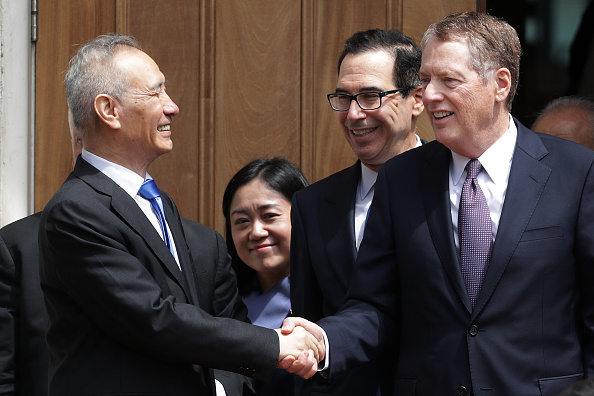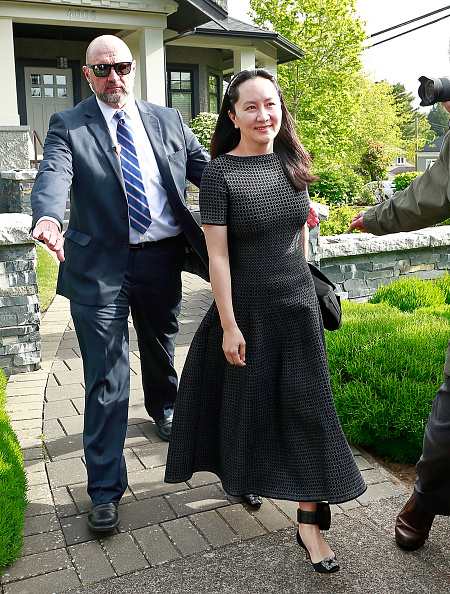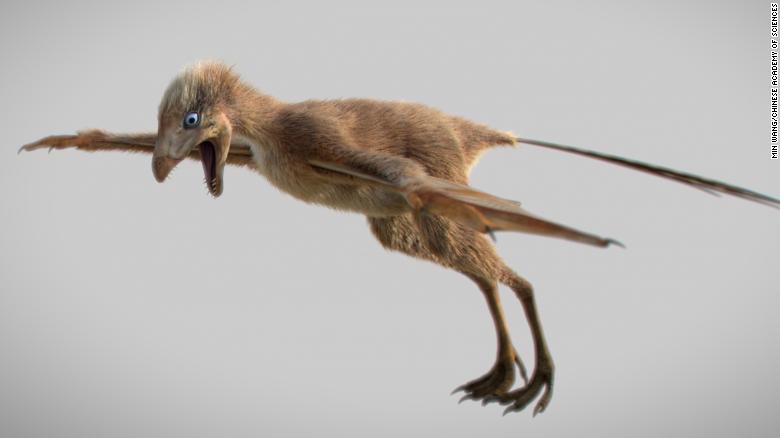
 Two Steps Forward, Two Steps Back
Two Steps Forward, Two Steps BackThe U.S.-China trade war is heating up once again as President Trump increased U.S. tariffs from 10% to 25% on $200 billion worth of Chinese exports this Friday, and took steps to tax all of China's imports. The escalation came after trade talks in Washington broke down, and Trump blames China for backtracking on its promises and trying to renegotiate on certain terms, such as intellectual property theft.
Beijing swiftly rebuked the hike in tariffs, and is refusing to bow to pressure to make additional concessions. The world's two largest economies have been nearing a trade deal for some time now, however the brinkmanship returned last weekend when, according to the U.S., China requested changes to the trade pact, souring the deal for Washington.
Markets took a dive early in the week after the news broke that tariffs would resume but then rose back up slightly on Friday, indicating that investors might still be hopeful that a deal could be reached. This sentiment is echoed by many world leaders, who stress that China and United States economies are complementary and mutually beneficial.
 A Tangled Web
A Tangled WebWhile U.S.-China trade tensions mount, Canada and China are deepening their own diplomatic spat. A Canadian judge has granted Huawei executive Meng Wanzhou altered bail terms following her arrest and detention in Vancouver. Appearing in court to fight a United States extradition bid, her lawyers requested that she be moved to house arrest in a $16 million mansion in an exclusive neighborhood.
The United States is at the center of the diplomatic struggle and is seeking Meng's extradition, accusing her of trying to enable Huawei to evade American sanctions against Iran.
In what is widely interpreted as a retaliatory move, on Thursday China did not grant an appeal for a Canadian man who has been sentenced to death for drug smuggling. The man was originally sentenced to fifteen years in prison, but a court has since ruled that was too lenient. China denies the charge is related to the Meng case.
 Jurassic Flight
Jurassic FlightA new species of dinosaur with bat-like wings has been found in China, helping scientists better understand how dinosaurs evolved into birds. The 163-million-year fossil was discovered in 2017 by a farmer in Liaoning Province in Northeastern China, initially confounding researchers.
The first fossil with bat-like wings was discovered in 2015, about 50 miles away. The finding of the second fossil confirms that some dinosaurs could have been capable of flight, but paleontologists disagree on how sophisticated the creature's ability to fly were.
"I would vote for gliding flight. The most important feature is that it doesn't have flight muscle -- the sternum -- that would have allowed it to flap its wings," said Min Wang, a Chinese paleontologist and lead author of a study on the new fossil.
Prepared by China-US Focus editorial teams in Hong Kong and New York, this weekly newsletter offers you snap shots of latest trends and developments emerging from China every week, while adding a dose of historical perspective.
- 2019-05-03 The Final Laps?
- 2019-04-26 The Great Turbine Caper?
- 2019-04-19 Sowing Seeds of Tension
- 2019-04-12 Slow or Steady?
- 2019-04-05 The Last Mile is The Hardest
- 2019-03-29 From Negotiation to (Smart) Competition
- 2019-03-23 Xi Hits the Road
- 2019-03-16 Proceeding With Caution
- 2019-03-08 Reading the Tea Leaves
- 2019-03-01 The Art of No Deal
- 2019-02-23 The Devil is in the Details
- 2019-02-16 Trade Talks, Round 3: Waiting for Trump-Xi?
- 2019-02-08 Welcoming the Pig
- 2019-02-02 The Final Countdown: One Month Until Trade Talks Deadline
- 2019-01-26 How Slow Will it Go?
- 2019-01-18 Countdown to Trump-Kim: Round Two
- 2019-01-11 Kim Jong-un Visits Beijing
- 2019-01-04 Cross-strait tensions mount on anniversary
- 2018-12-21 Xi’s 40th Anniversary Speech
- 2018-12-14 Post-G20 Detentions & Tech Tensions